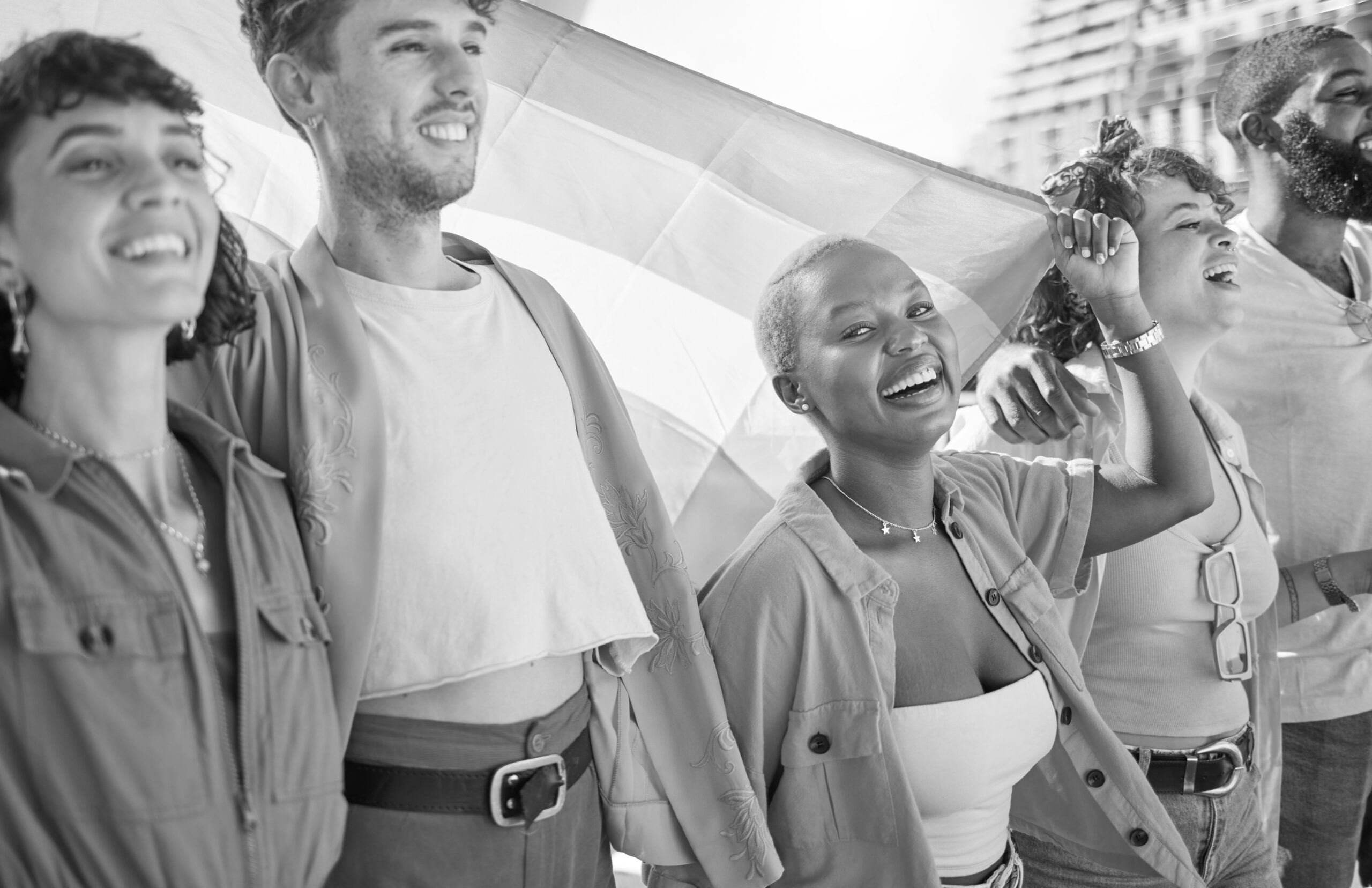“I’ve been through a lot of trauma, grief, and loss since I was young, and it feels like everything good in life is short-lived or only for other people. I’m struggling to find meaning in my life. The pain and suffering I’ve experienced cause me to question my purpose, and whether anything really matters. It’s hard to look forward to things when I’m always waiting for them to fall apart. I find it hard to trust that the world can be a good place, and I often find myself going through the motions and just surviving. I want to find a way to get unstuck and start feeling like life is worth living in a way that’s more fulfilling.”
When life throws you some real challenges right from the start, it makes sense that happiness may seem out of reach. We’re more likely to experience lasting effects of the body’s overactive biological stress response – known as toxic stress.
Toxic stress not only affects how we function, but also how we react to future stress.
We may feel like we’re stuck on high alert much of the time, or like we’re numb and checked out. Either of these may be the result of your body’s stress response system working to help you survive really rough stuff while growing up.

You absolutely deserve happiness and joy, and it’s possible to find purpose and fulfillment in life - even when we’ve gone through traumas that may have transformed us.
One of the greatest freedoms we may discover is that we don’t have to seek out or stumble upon purpose — we can create it ourselves. We get to decide what holds meaning to us, to define what fulfillment is to us.


